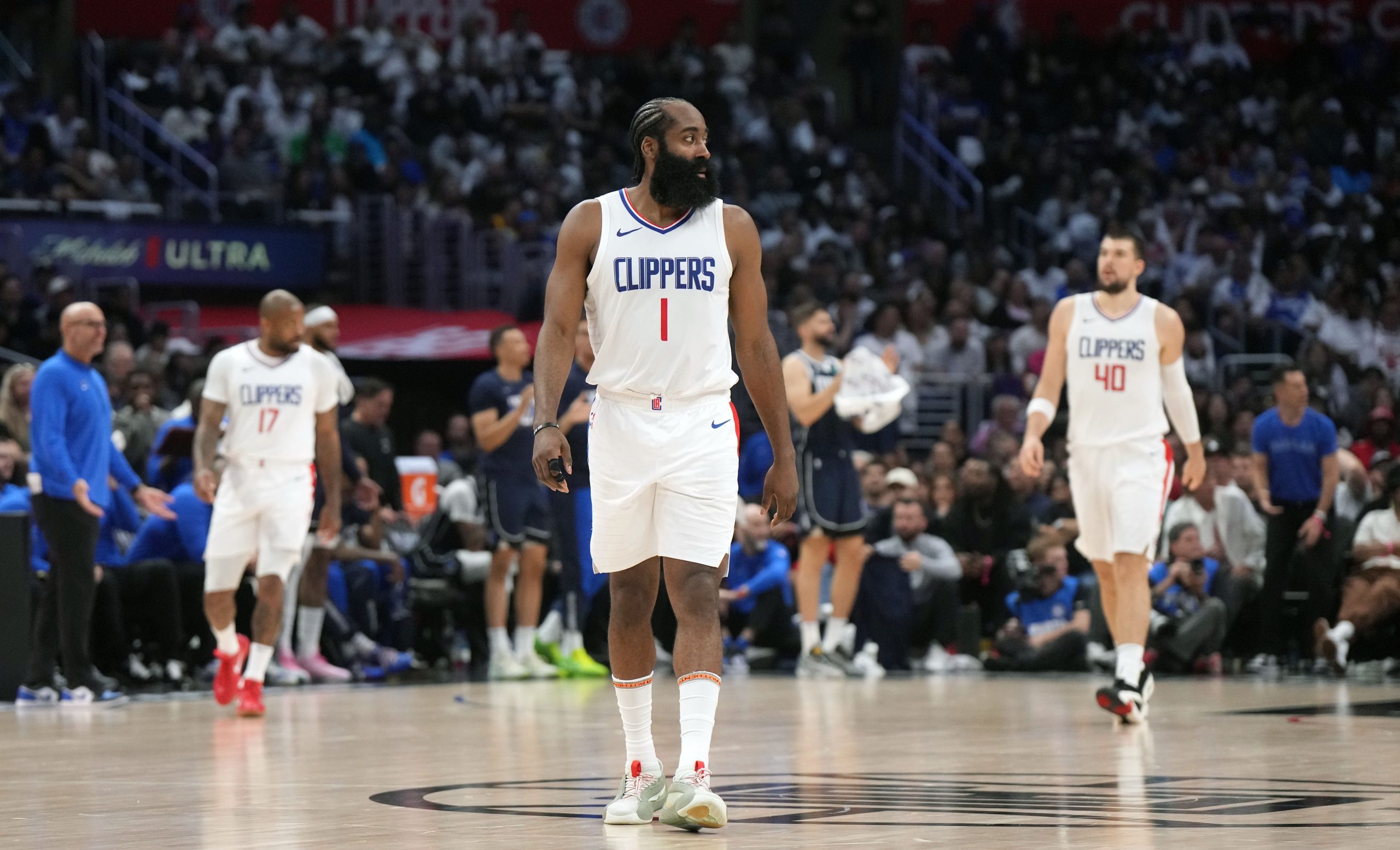“I can assure you that you will be proud of your young people in the classroom, in the community, and most especially in 310 days in Ann Arbor, Michigan.” – Jim Tressel, January 18, 2001
In the year 2000, the Ohio State football program was in a state of flux. In spite of very successful and very talented teams in Columbus over the 1990s, the Buckeyes led by head coach John Cooper always seemed to fall short when it mattered most – especially when it came to The Game against arch-rivals Michigan. For all the All-Americans that Cooper produced and the wins he racked up at Ohio State, he would always be defined in part by his 2-10-1 record against the Wolverines that dashed Buckeye Nation’s hopes of playing in the Rose Bowl or winning a national championship year after year after year.
From 1990-2000, Michigan won at least a share of six Big Ten championships, Ohio State had three. Michigan had four Rose Bowl appearances, Ohio State had one. Michigan won a share of a national championship, Ohio State had none. The Wolverines were clearly on the winning side of the greatest rivalry in the sport.
Knowing a change needed to be made in 2001, Ohio State moved on from Cooper after two disappointing seasons – a 6-6 record in 1999 and an 8-4 record in 2000 that ended with being dominated by South Carolina in the Outback Bowl. The Buckeyes took a gamble with their new hire – Jim Tressel of I-AA Youngstown State. Tressel won four championships with the Penguins, but could he do it at the next level with a program as large as Ohio State?
After he was introduced as head coach, Tressel had the opportunity to share a brief message at halftime of Ohio State’s home men’s basketball game against Michigan in Jan. 2001. The speech has been etched into the mythology of Ohio State football as one of the biggest defining moments in program history. Everything changed from that moment – the trajectory of the program, the place of Ohio State and Michigan in college football’s elite, success in the Big Ten and nationally – everything.
Since that speech back in 2001, Ohio State has gone 17-2 against Michigan.
“I just think we take it more seriously than they do… we prepare for it all year… we’re preparing for the next year right now. It just means more at Ohio State.” – Justin Fields, November 30, 2019
Fast-forward 18 years later and Ohio State just pounded Michigan into oblivion for the second consecutive year. Led by first-year head coach Ryan Day and first-year quarterback Justin Fields, the top-ranked Buckeyes ran circles around the Wolverines with a 56-27 victory in Ann Arbor. It would’ve been worse had Day not sat his star players on offense for the majority of the fourth quarter. The 56 points are the second-most that Ohio State has put up in the series, only topped by the 62 points in the previous meeting in Columbus.
Ohio State has now defeated Michigan in 17 of 19 games in the series and eight in a row. Five of those wins since 2008 have come by more than 20 points. After the disastrous tenures of Brady Hoke and Rich Rodriguez, everyone in college football thought “Michigan Man” Jim Harbaugh would return the Wolverines to glory and bring Michigan back to competing with Ohio State. The truth is the Wolverines have never been further away from the Buckeyes in the 120 year history of the rivalry.
After yet another shellacking at the hands of Ohio State, Harbaugh (who’s 0-5 against the Buckeyes) was poignantly asked by Toledo sportscaster Jordan Strack what the difference was between the two programs – whether it was a “talent gap, preparation gap, or coaching gap.” Harbaugh had no answer for the question, only that he perceived it as an insult to him personally.
While Harbaugh didn’t have an answer as to why the gap between Michigan and Ohio State had grown so much under his watch, perhaps it was star Buckeye quarterback Justin Fields who did. Fields, who was injured in the third quarter only to return and throw a touchdown pass the very next play in a signature moment, plainly stated that the game just means more to Ohio State than it does to Michigan.
Ohio State quarterback Justin Fields said he thinks the Buckeyes take the Michigan rivalry more serious than the Wolverines pic.twitter.com/F2kK6oaCHs
— Tom VanHaaren (@TomVH) November 30, 2019
It’s a true statement. And it goes back to Tressel’s speech in 2001.
Since that time, Ohio State has been single-minded in its focus. The Buckeye program breathes, eats, and sleeps beating Michigan. It borders on an obsession. An entire section of the Ohio State facilities is dedicated to the rivalry, even including a countdown clock to The Game. But the obsession is foundational to how Ohio State has become one of the top programs in the country.
For a decade, Ohio State stumbled at the hurdle that was Michigan. When Tressel took the basketball court in 2001, he fully understood the importance of the rivalry — as a native Ohioan and former position coach in Columbus — and what it meant to the fanbase and everyone in the state. But most importantly, he understood what the Michigan rivalry meant to the success of the program.
Ohio State couldn’t win the Big Ten and couldn’t compete for a national championship unless they beat Michigan.
Perhaps that obsession was born out of disappointment, perhaps it was born out of fear of slipping into mediocrity and becoming a program that only lives on its past, but in truth, the obsession to beat Michigan came out of necessity. To get Ohio State back to the top of the college football world, Ohio State would have to go through Michigan. Again and again and again. Tressel understood that. So did Urban Meyer. And so does Ryan Day. During the lead-up to The Game, Day said, “Nothing matters if we don’t win this game, so we’ve got to win the game.”
Since 2001, Ohio State has won nine Big Ten championships, Michigan has two and none in the last 15 years. Michigan has never even appeared in a Big Ten title game. Ohio State has 12 appearances in the final AP Top 5 rankings, Michigan has none. Ohio State has two national championships, Michigan has none.
It just means more.
ESPN’s Mike Greenberg went on national television and defended Harbaugh’s overall record at Michigan and that we should just accept that the program just isn’t in college football’s elite anymore. Yes, we are still talking about the winningest program in the history of college football.
Greenberg said, “You want to make this all about Ohio State, but that is not a good idea.” (This was just a week after predicting Michigan would defeat Ohio State in The Game.)
Here’s how everyone has it wrong about Jim Harbaugh. @getupespn pic.twitter.com/b7n1y8LeWQ
— Mike Greenberg (@Espngreeny) December 3, 2019
No, it’s not a good idea. It’s the only idea.
Can Michigan get back to competing with Ohio State? Certainly. But they need a Tressel-like moment to do so. One that recalibrates everything Maize and Blue with one single goal in mind – beating Ohio State. At the moment, that seems unlikely. The response to Fields’ comments about the rivalry meaning more in Columbus should’ve led to an uprising from Michigan fandom and the program itself. It should’ve been a call to action. It should’ve lit up message boards and been bulletin board material for the next 364 days. This should be the rallying cry to restore Michigan’s place at the top of the sport and alongside its greatest rival as an equal. Instead, the reaction depicts a stunning sense of defeat and resignation – “he’s probably right.”
Fields is right. And as long as The Game means more in Columbus than it does in Ann Arbor, Ohio State will continue its dominance for years to come.





